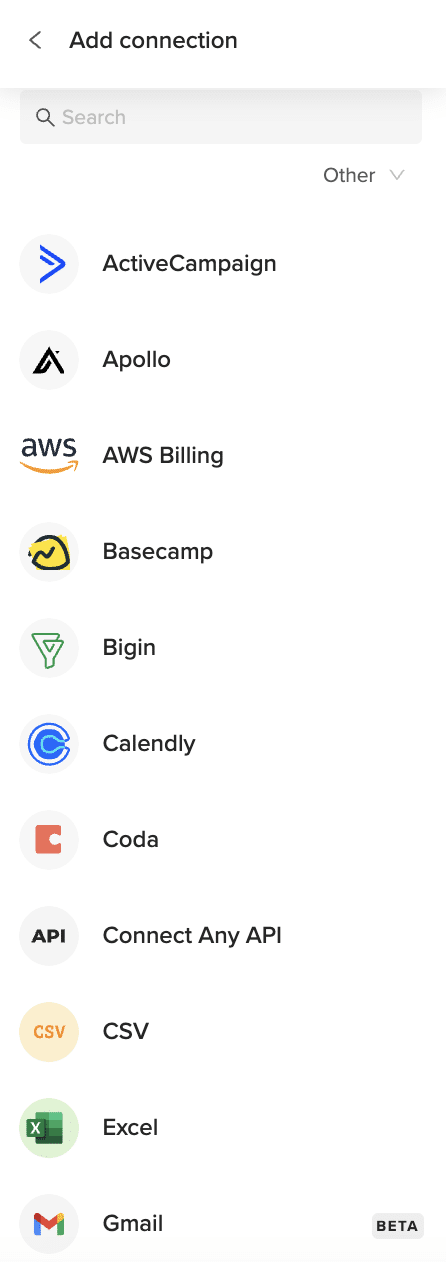Importing Workers data from Rippling into Excel helps HR teams track both employees and contractors, analyze workforce composition, and optimize labor costs. Coefficient makes this process simple and automatic.
This guide will show you how to import your Rippling Workers data into Excel using Coefficient.
TLDR
-
Step 1:
Step 1. Open Excel > Insert tab > Get Add-ins > Install Coefficient from Office Add-ins store.
-
Step 2:
Step 2. Connect your Rippling account and select the Workers object to import.
-
Step 3:
Step 3. (Optional) Enable auto-refresh to keep your data updated automatically.
Step 1: Install Coefficient in Excel and Connect Your Rippling Account
Begin by installing the Coefficient add-in in your Excel workbook:
- Open Excel and navigate to the Insert tab in the ribbon.
- Click on “Get Add-ins” to open the Office Add-ins store.
- Search for “Coefficient” and click “Add” to install it.
- Once installed, open the Coefficient sidebar by clicking on the Coefficient icon in the ribbon.
- Click on “Import from…” to see available data sources.

Step 2: Import Workers Data from Rippling
Now it’s time to connect to Rippling and import your Workers data:
- In the Coefficient sidebar, navigate to the “Other” category.
- Find and select “Rippling” from the list of connectors.
- Log in to your Rippling account when prompted.
- Select “Workers” from the list of available objects.
- Configure any filters or select specific fields you want to import.
- Click “Import” to bring your Workers data into Excel.

Step 3: Set Up Auto-Refresh (Optional)
To ensure your Workers data stays up-to-date automatically:
- Hover over your imported data range in Excel.
- Click on the “Data Settings” icon that appears.
- Select “Schedule Refresh” from the menu.
- Choose your preferred refresh frequency (hourly, daily, or weekly).
- Set the specific timing for the refresh to occur.
- Click “Save” to confirm your auto-refresh settings.

Available Rippling Objects
- Workers
- Users
- Groups
- Departments
- Teams
- Levels
- Work Locations
- Company Activity
- Company Leave Types
- Leave Balances
- Leave Requests
Frequently Asked Questions
Trusted By Over 50,000 Companies
)






